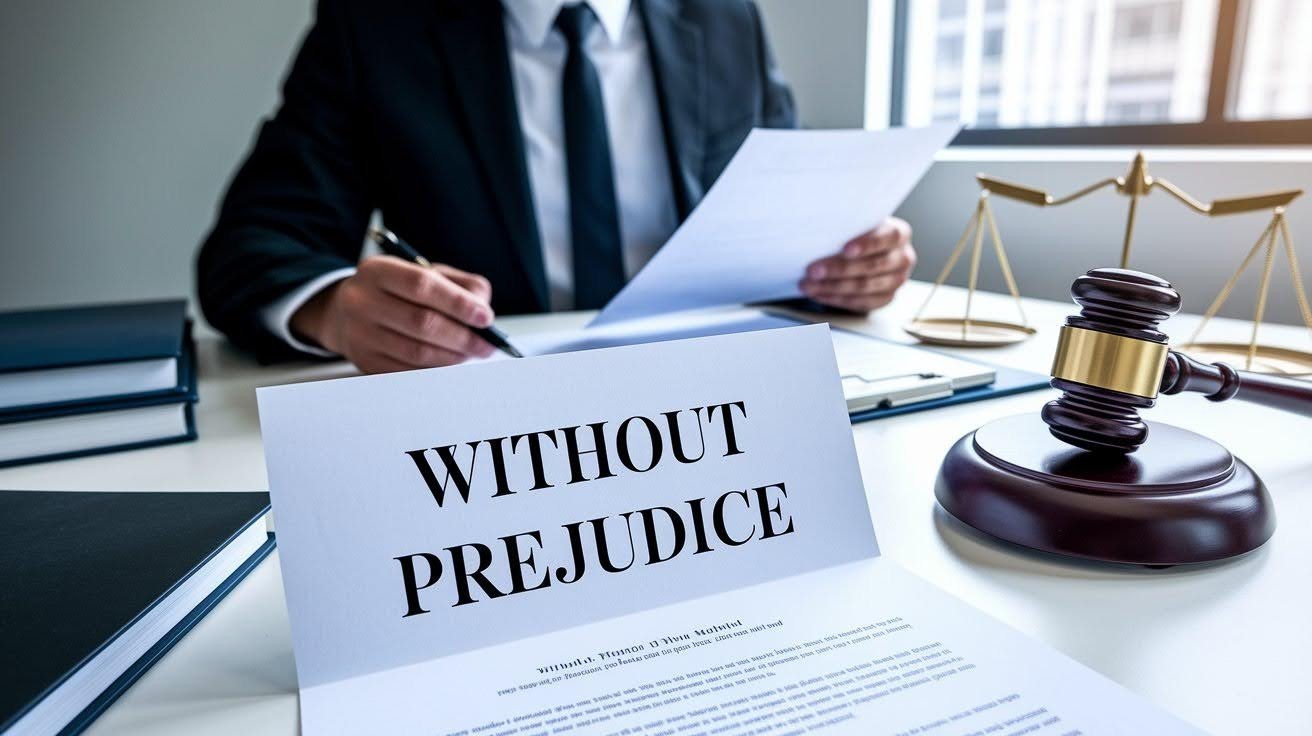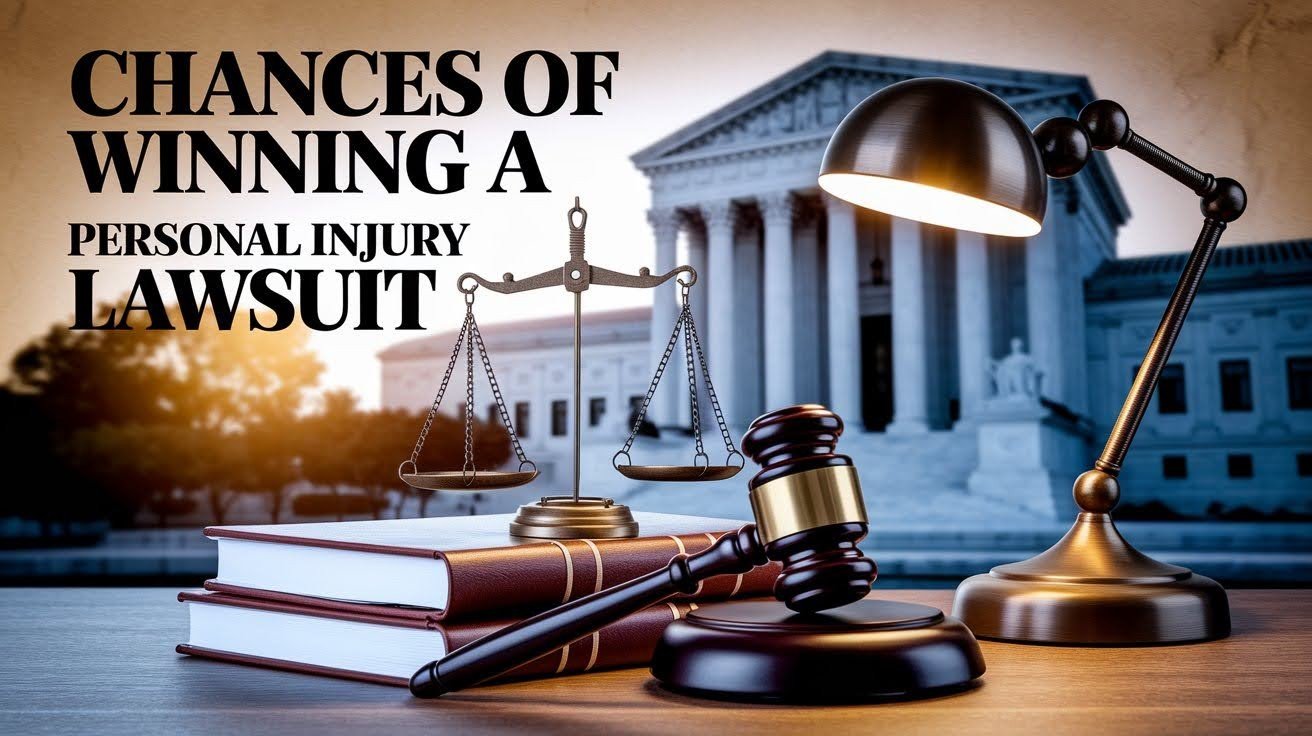A deposition is a legal process in which lawyers question you while you are under oath before any trial, and you can later use all of your answers in court. Feeling anxious is quite normal, so do not worry. Many people don’t realize how tricky depositions can get, either.
As a legal professional, there are a lot of depositions I’ve seen. Lawyers often use specific tactics, tactics that lead you into saying something helpful to their case, not yours.
These tactics are designed to make you talk too much, including confusing questions, pressure moves, and timing games. The good news? These tricks lose their power after you know what to look for.
This guide shows lawyer tactics used most commonly in repetition. Honest answers, practical steps for staying calm, and avoiding the traps catch most people off guard.
Tricks Lawyers Use in Depositions

These are the main tactics I see lawyers use to throw witnesses off balance. Each trick has one goal: to get you to say something that hurts your case. Once you know what to look for, these moves become much less effective.
Creating a Stressful, Overwhelming Experience
Some lawyers try to make depositions feel like a major storm. They use complicated legal words on purpose and rush through procedures without explaining them. They want you stressed and confused from the moment you walk in.
The goal is to trigger your fight-or-flight response. When you’re overwhelmed, you make mistakes. They hope you’ll stutter, forget important details, or say something wrong because you’re panicked.
Stay calm and ask for clarification when needed. No rule says you have to understand confusing procedures right away. Take your time to get comfortable.
Aggression and Intimidation Tactics
Aggressive lawyers think they can scare you into giving bad answers. They’ll interrupt you while you speak and use harsh tones or raised voices. Some even make direct insults about your character.
These lawyers act like they’re in complete control of the room. They use power moves to make you feel small and helpless. The truth is, they’re often doing this because their case is weak.
Don’t take the bait. Your calm responses will make them look unprofessional. Aggressive behavior usually backfires when a judge or jury sees it later.
Humiliation and Embarrassment Strategies
This is one of the cruelest tricks lawyers use. They dig into your personal life to find things that embarrass you. They might bring up past mistakes, times you violated company rules, or personal problems.
They want to make you feel ashamed so you’ll agree with their version of events. Some lawyers will suggest you violated professional or moral standards. They exploit buried shame to control your answers.
Remember this fact: your past mistakes don’t change the truth about what happened in your case. Answer honestly, but don’t let shame control your words. Focus on the facts, not your feelings.
Confusion and Disorientation Methods
Smart lawyers know that confused people give inconsistent answers. They’ll ask questions completely out of order and use overly complex sentence structures. Some even encourage you to skip meals so your blood sugar drops.
They overuse legal rules and procedures to create overwhelm. Simple topics suddenly sound complicated. They jump between different subjects quickly to keep you off balance.
Take your time with every answer. If a question doesn’t make sense, say so. No rule says you have to understand confusing questions immediately.
Mind Games and False Confusion
Sometimes lawyers pretend they don’t understand your clear answers. This fake confusion is designed to frustrate you and make you angry. They’ll ask the same question multiple ways, hoping you’ll change your story.
They use repetitive questioning to wear down your mental defenses. You give a simple, honest answer, but they act like you said something confusing. This creates artificial complexity around simple matters.
Stick to your original answer. If you were clear the first time, don’t let fake confusion make you doubt yourself. Stay patient even when they pretend not to understand.
Confusion Hypnosis for Accidental Admissions
When you’re mentally tired, you might agree to things that aren’t true. Lawyers create mental fatigue through rhythmic speaking patterns and repetitive questions for hours. They want to lower your cognitive defenses.
They schedule depositions at inconvenient times and make the room uncomfortable. Some lawyers create trance-like states through rhythm and pacing. They’re looking for moments when you lose focus and alertness.
Take breaks when you need them. Most depositions allow for reasonable breaks. Don’t be afraid to ask for one when you feel your concentration slipping.
False Horizon Techniques
This trick makes you see the case from the wrong perspective. Lawyers describe events in ways that favor their client and ask you to agree with unreasonable characterizations. They want you to accept their version of events as fact.
They focus only on facts that hurt your case while ignoring evidence that helps you. They distort the truth to create misleading stories. Their goal is to shift your focus away from key favorable facts.
Don’t accept their version of reality. Stick to what you actually know and saw with your own eyes. Your perspective matters just as much as theirs does.
The Villain-Victim Narrative Trap
Every lawyer wants to tell a story where their client is the good guy. In their story, you become the villain who caused all the problems. They use emotional manipulation to create sympathy for the opposing side.
They’ll focus on any mistakes you made while ignoring the other party’s role in the problem. Some lawyers exploit natural human empathy responses against you. They want you to feel sorry for their client.
Your job isn’t to be the hero or villain. Your job is to tell the truth about what happened. Don’t let emotional manipulation change your honest answers.
Leading and Loaded Questions
These questions already contain the answer the lawyer wants. They have built-in assumptions that may not be true. Questions like “When you decided to ignore safety rules…” assume you actually ignored safety rules.
They use oversimplified yes-or-no questions for complex situations. Some questions mix multiple issues to confuse you. These compound questions are designed to get specific, predetermined answers.
Listen carefully to every word. Don’t accept false assumptions built into questions. Correct the assumptions first, then answer the actual question honestly.
Document Manipulation Strategies
Documents can be taken out of context to mean something different. Lawyers might show you only part of an email or report without letting you see the whole thing. They use partial quotes that distort the original meaning.
Some lawyers reference documents you’ve never had a chance to examine. They don’t allow adequate time to review materials. They want you to answer questions about papers you can’t fully understand.
Always ask to see the complete document. Read the whole thing before answering questions about it. Context matters more than you might think.
Timeline and Sequence Confusion
When events get mixed up, your answers might seem inconsistent. Lawyers jump between different time periods randomly to confuse your memory. They ask about the end of the story before the beginning.
They create artificial urgency around responses and use date confusion to create apparent inconsistencies. You might get questions about similar events from different times. This makes it hard to keep track of what happened when.
Take time to think about when things happened. It’s okay to say you’re not sure about exact dates or the order of events. Honesty about timing is better than guessing.
Important Tips to Protect Yourself from Deposition Tricks
Now that you know the tricks, here’s how to defend yourself. I’ve used these strategies with clients for years, and they work. Preparation and smart responses can protect you from even the trickiest lawyers.
- Get proper rest and eat well before your deposition. Your mental and physical state matters more than most people realize. Review all relevant documents with your attorney and practice difficult questions.
- Think before speaking and use pauses strategically during the deposition. Listen carefully to complete questions before answering, and take your time with every answer. Ask to review documents before responding.
- Keep answers brief and focused on the actual question asked. Don’t volunteer additional information beyond what they’re asking for. Say “I don’t know” when you truly don’t know something.
- Stay truthful at all costs because lies destroy cases faster than anything else. Ask for clarification when questions are confusing. Provide explanations when simple yes-or-no answers would be misleading.
- Trust your lawyer’s objections and guidance throughout the process. Use predetermined signals when you need help, take breaks when stressed, and work as a team. Your attorney has seen these tricks before and knows how to handle them.
Conclusion
Through this blog, you now know about how to handle the most common tricks lawyers use in depositions. Upon understanding what’s actually going on, these tactics are useless. These tactics will not be able to do anything at all.
In my legal career, I repeatedly saw these patterns guiding more than three hundred deposition witnesses. Last month, I watched a client who then stayed calm when he was aggressively questioned and gave answers that were clear and honest. Because of how she was prepared for it, the opposing lawyer’s intimidation tactics completely fail.
Do you have any questions about your deposition soon? I read each comment, plus I often do respond with tips founded on courtroom experience. Share your concerns below.
Frequently Asked Questions
What are the most common tricks lawyers use in depositions?
The most common tricks include creating stress and confusion, using aggressive intimidation tactics, asking leading questions with false assumptions, manipulating documents by showing them out of context, and jumping between different time periods to confuse your memory of events.
How can I protect myself from deposition tricks?
Prepare well by reviewing documents with your attorney, take your time answering questions, ask for clarification when confused, stick to truthful answers, and trust your lawyer’s guidance. Take breaks when you feel overwhelmed or tired.
Can lawyers be aggressive during depositions?
Yes, some lawyers use intimidation tactics like interrupting, harsh tones, or insults to throw you off balance. Stay calm and don’t take the bait. Aggressive behavior often backfires and makes them look unprofessional.
What should I do if a lawyer asks confusing questions?
Ask for clarification immediately. There’s no rule requiring you to understand confusing questions right away. Take your time, and don’t guess at what they mean. It’s better to ask than answer incorrectly.
How long can depositions last, and can I take breaks?
Most depositions allow reasonable breaks throughout the day. You can request breaks when feeling overwhelmed, tired, or when you need to consult with your attorney. Don’t hesitate to ask – your mental clarity is important for accurate testimony.










